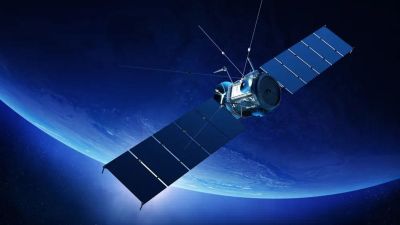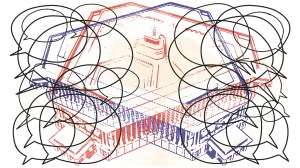BSNL drags Trai to tribunal
Public sector telecom major BSNL today challenged the Telecom Regulatory Authority of India...

Public sector telecom major BSNL today challenged the Telecom Regulatory Authority of India Trai8217;s new interconnection regulations in the Telecom Disputes Settlement and Appellate Tribunal TDSAT, saying that the reduction in charges would lead to a loss of about Rs 100 crore every year to the company. A TDSAT bench, headed by Justice Arun Kumar, accepted the petition and issued notices to Trai, directing it to file a reply in two weeks. Trai, by its Telecommunication Interconnection Port Charges Amendment Regulation on February 2, 2007, has reduced port connectivity charges by 23-29 per cent. A port is the place where two telecom operators interconnect with each other8217;s network to provide a connection for each other8217;s service.
According to BSNL, this measure would cost it around Rs 100 crore annually. It is arguing that TRAI has acted without jurisdiction and issued the regulation in disregard of the principles laid by the tribunal.
8220;Trai, vide its impugned regulation, is attempting to modify and substitute its regulation over the interconnect agreements entered into between BSNL and private operators so as to effect an impermissible gain for private operators and loss to BSNL,8221; the state-run firm alleged in its petition.
BSNL also contended that while deciding the port charges, Trai did not take into consideration the cost of the main equipment installed by it to provide interconnection. Since BSNL is the largest telecom operator in the country, most operators have to pay it charges for interconnection. In its petition, BSNL alleged that Trai calculated only incremental and additional cost of its equipment while fixing the port charges. The life of all its installed machinery is around 10 years and it would end up in 2011, which has been ignored by the regulator, BSNL said. The PSU contended that TDSAT, in an earlier order on April 27, 2005, had permitted direct connectivity between operators on their mutually agreed terms till TRAI took a final decision. 8220;TDSAT has recognised the valuable right of telecom operators to negotiate and enter into mutually agreed interconnect agreements, which has a long standing effect. TRAI has no jurisdiction under the act to substitute the regulation, having an effect of amending, altering, modifying the terms and conditions of the license agreement, BSNL said in the petition.
- 01
- 02
- 03
- 04
- 05































